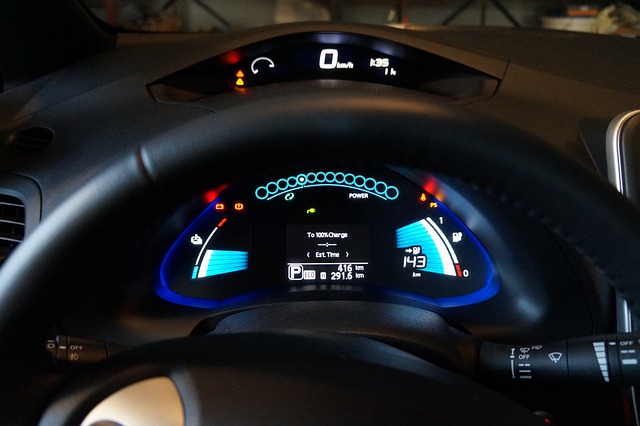
Electric vehicles are becoming increasingly popular as people look for more sustainable ways to travel. One of the most critical components of an electric car is its battery. Battery Management System (BMS) is responsible for ensuring that the battery operates safely, efficiently, and effectively. In this blog, we will explore the importance of battery management systems in electric vehicles.
What is Battery Management System?
Battery management system are a set of electronic components that monitor and control the charging and discharging of a battery. They are responsible for regulating the voltage, current, temperature, and state of charge of the battery. This ensures that the battery operates within safe limits and maximizes its lifespan. The BMS also communicates with the vehicle’s onboard computer to provide data on the battery’s status and performance.
Why is Battery Management System Important in Electric Vehicles?
Battery management system play a crucial role in ensuring the safety and reliability of electric vehicles. They help prevent overcharging and overheating of the battery, which can cause damage or even a fire. The BMS also helps to balance the cells in the battery pack, ensuring that they are all charged and discharged evenly. This helps to extend the battery’s lifespan and improve its overall performance.
You May Like: Which Battery is Used in Electric Vehicle
How do Battery Management System Work?
The battery management system is made up of several components, including a battery management unit, sensors, and software. The battery management unit is the main controller of the BMS and is responsible for monitoring and controlling the battery’s operation. The sensors measure the voltage, current, and temperature of the battery cells, while the software analyzes this data and makes decisions on how to manage the battery’s charge and discharge.
Benefits of Battery Management System in Electric Vehicles
Extended Battery Life
The BMS helps to extend the battery life of an electric vehicle by ensuring that the battery is charged and discharged evenly. This prevents overcharging and over-discharging, which can lead to premature battery failure. The BMS also monitors the temperature of the battery pack to prevent it from overheating, which can cause damage to the battery and shorten its lifespan.
Increased Safety
The Battery Management System plays a crucial role in maintaining the safety of an electric vehicle by monitoring the battery pack’s temperature and ensuring that it is charged and discharged evenly. This helps to prevent overheating, which can lead to a potential safety hazard. The BMS also communicates with the vehicle’s onboard computer to provide real-time information about the battery’s health, allowing the driver to make informed decisions about the vehicle’s operation.
Improved Performance
The BMS helps to optimize the performance of an electric vehicle by monitoring the battery pack’s state of charge and state of health. This information is used to adjust the charging and discharging rates of the battery, ensuring that it operates at peak efficiency. The Battery Management System also provides real-time data on the battery’s performance, allowing the driver to adjust their driving habits to maximize the vehicle’s range.
Reduced Maintenance Costs
The BMS can help to reduce the maintenance costs associated with an electric vehicle by ensuring that the battery is operating at peak efficiency. This reduces the likelihood of premature battery failure, which can be costly to replace. The BMS also provides real-time data on the battery’s health, allowing for proactive maintenance and repairs.
Increased Range
By optimizing the performance of the battery pack, the BMS can help to increase the range of an electric vehicle. This is achieved by ensuring that the battery is charged and discharged evenly, preventing premature battery failure, and providing real-time data on the battery’s health and performance.
You May Like: How to Find EV Charging Stations in India?
Enhanced User Experience
The BMS provides real-time data on the battery’s health and performance, allowing the driver to make informed decisions about the vehicle’s operation. This can enhance the user experience by providing peace of mind and reducing the likelihood of unexpected breakdowns or battery failures.
You May Like: Lithium-Ion Battery: Powering Up the Future
Conclusion
In conclusion, battery management system are a critical component of electric vehicles. They ensure the safety, reliability, and efficiency of the battery, while also providing valuable data on its performance. As the demand for electric vehicles continues to grow, the importance of battery management systems will only increase. It is essential to invest in high-quality Battery Management System technology to ensure the longevity and sustainability of electric vehicles.






